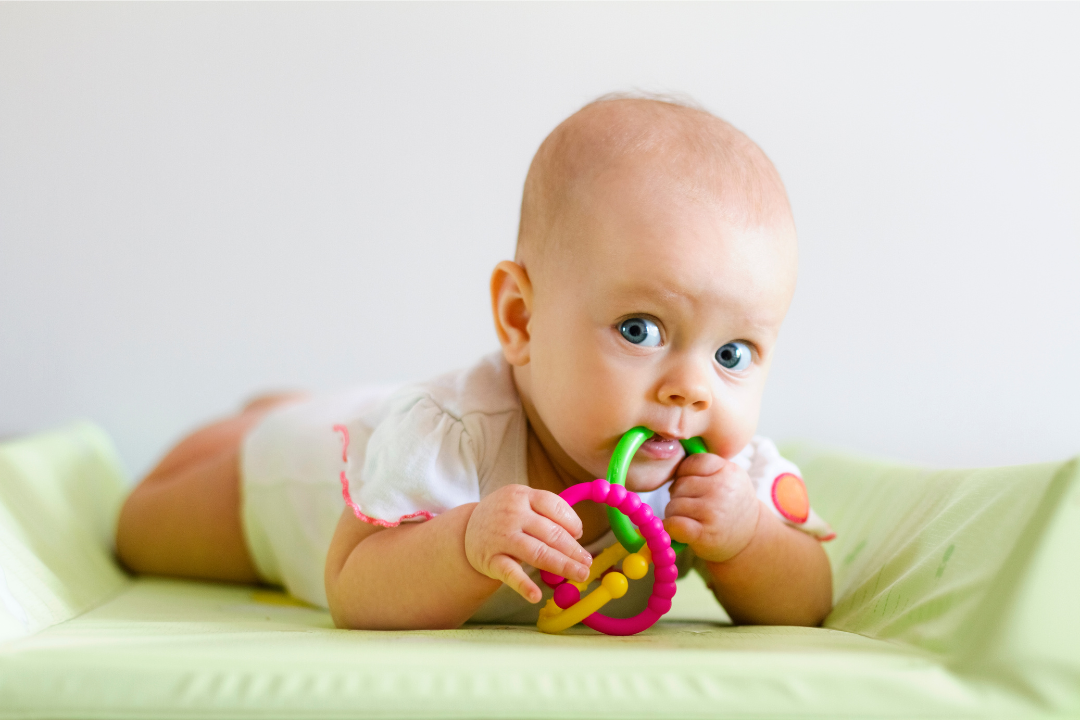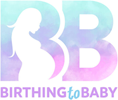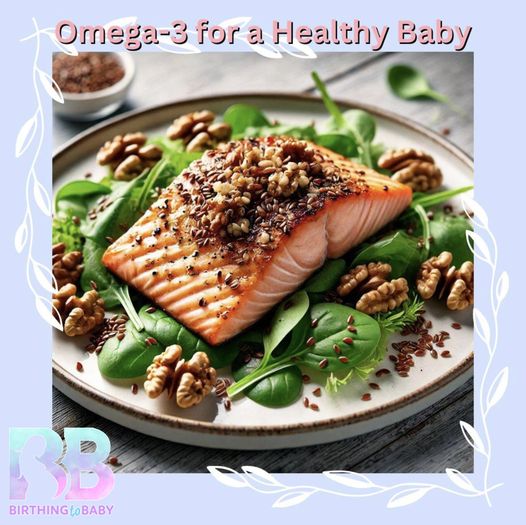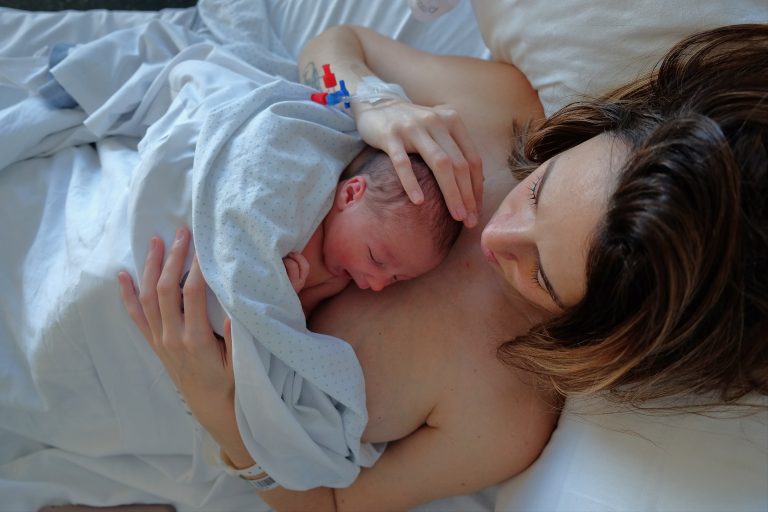Baby Teething 101: What to Expect and How to Help Your Little One

Teething is one of those parenting milestones that feels both exciting and exhausting. It’s a sign your baby is growing, but it can also mean days—or weeks—of fussiness, drooling, and sleepless nights. Whether you’re already in the thick of teething or just preparing for it, knowing what to expect (and how to help) can make a big difference for both you and your baby.
When Does Teething Start?
Most babies start teething between 4 to 7 months, though it can begin earlier or later. The bottom front teeth (central incisors) are usually the first to appear, followed by the top front teeth. By age 3, most children will have all 20 of their primary teeth.
Common Signs of Teething
Every baby is different, but here are some common signs that teething might be underway:
- Excessive drooling
- Chewing on hands, toys, or anything they can grab
- Swollen or tender gums
- Increased fussiness or irritability
- Disrupted sleep patterns
- A mild temperature (not over 100.4°F)
It’s important to note that teething doesn’t usually cause a high fever, vomiting, or diarrhea. If your baby has those symptoms, it’s best to check with your pediatrician.
How to Soothe a Teething Baby
Teething discomfort can be tough, but there are plenty of safe and effective ways to help ease your baby’s pain:
🧊 Cool Teething Toys:
Chilled (not frozen) teething rings or soft silicone toys can soothe sore gums. Keep a few in the fridge to rotate throughout the day.
🧼 Clean, Damp Washcloth:
Wet a clean washcloth, chill it in the fridge, and let your baby chew on it for relief.
👆 Gum Massage:
Using a clean finger, gently rub your baby’s gums. The pressure can be soothing and help ease the ache.
🍼 Extra Comfort:
Teething can make babies clingier than usual. Offer extra snuggles, cuddles, and maybe even a few more nursing or bottle-feeding sessions for comfort.
🩺 Talk to Your Pediatrician:
If the pain seems severe or you’re considering teething gels or medications, check with your doctor first to make sure it’s safe for your baby.
What to Avoid
- Frozen toys or food: These can be too hard on tender gums.
- Teething necklaces or bracelets: These pose choking and strangulation hazards.
- Topical gels with benzocaine: These are not recommended for infants and can be harmful.
Takeaway
Teething may be one of the first big bumps on your parenting journey, but it’s also a phase that brings your baby one step closer to their next milestone. With a little preparation, patience, and lots of love, you can help ease the discomfort and make this season a little smoother—for both of you.
Just remember: like all things baby-related, this too shall pass. ❤️






